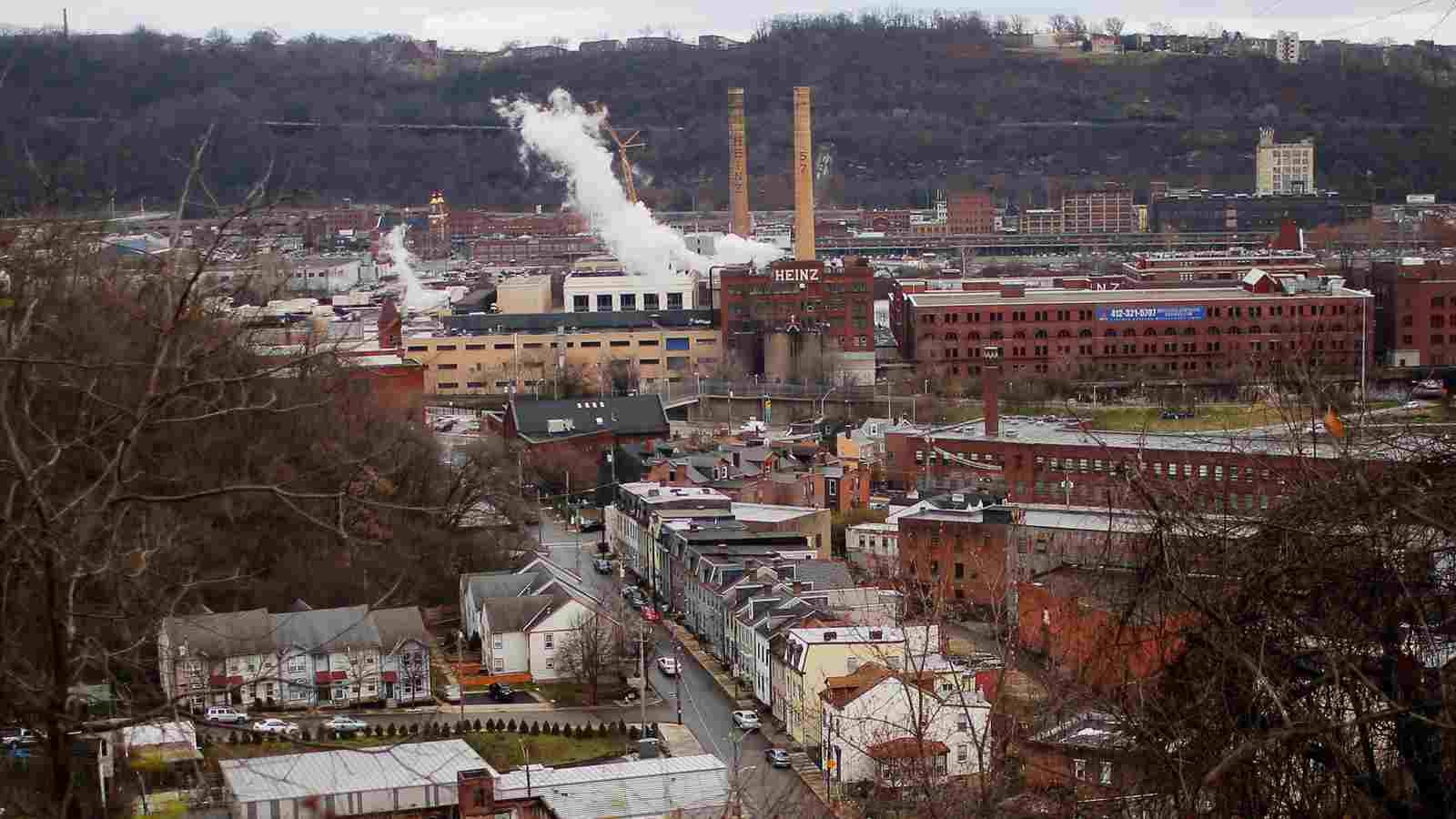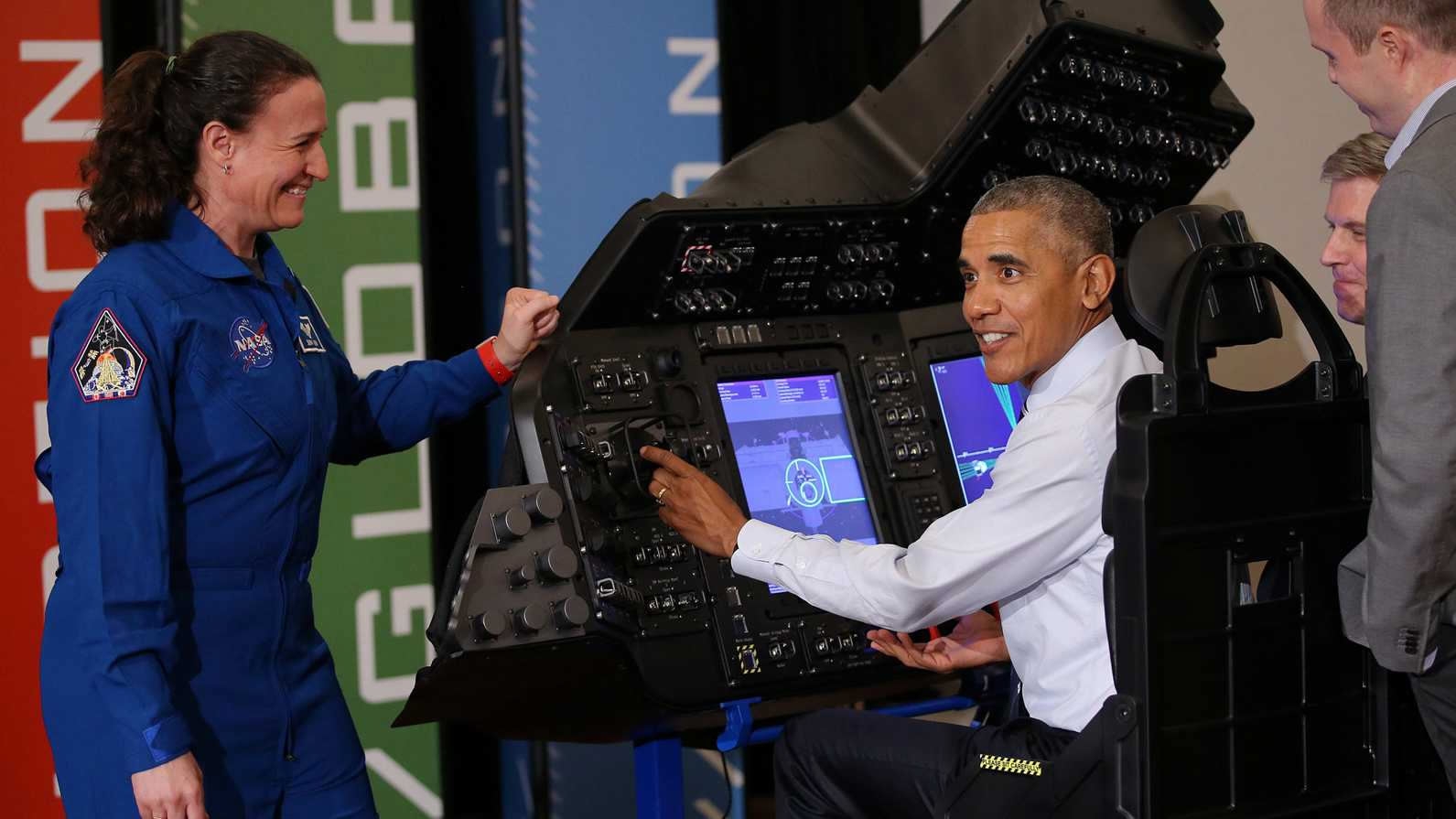By CGTN’s William Denselow
Pittsburgh, in the US state of Pennsylvania, is breaking stereotypes by turning into a major research hub for robotics.
Michael Wagner, CEO of Pittsburgh-based Edge Case Research, which aims to make robots safer and avoid car collisions on the road, says the city is a perfect place to set up shop.
He credits Pittsburgh's Carnegie Mellon University's Robotics Institute, which has been running since 1979. The institute helped attract some of the field's top experts, which in turn has lured many international firms to the Steel City.

An old industrial park in Pittsburgh has been turned into a residential area. /VCG Photo
“It attracted people that were into robotics before robotics had a lot of commercial applications. So when the commercial applications showed up and became apparent they had to come to Pittsburgh because that's where the hundreds of experts in this field all were working,” said Wagner.
Some major companies have invested heavily in Pittsburgh as they attempt to perfect self-driving cars.
Ford has put one billion dollars into a joint venture with Pittsburgh-based Argo-AI as it aims to have a fully autonomous vehicle by 2021. And it isn't the only one using Pittsburgh to change the driving landscape.

October 13, 2016: The White House Frontiers conference is held in Pittsburgh. Barack Obama, then US President, tried on a Boeing Flight Simulator during a tour of the innovation projects. /VCG Photo
Ordering a car in Pittsburgh through the ride-sharing app Uber can be a little different than elsewhere. The company has launched a pilot fleet of autonomous vehicles in the city, so when you get collected, there's a chance you'll be riding in a self-driving car.
“The future of work is changing for everybody and we're at the epicenter of the top talent in those technologies that are going to make robotics and make artificial intelligence useful for our future," said Dave Mawhinney, executive director of Swartz Center for Entrepreneurship, Carnegie Mellon University.
While the tech sector is growing, US President Donald Trump has also vowed to put those in the steel industry back to work and ordered a trade investigation into exporters of cheap steel.
“The reality of the answer is even if the steel industry does come back in some form, it's not going to be what it was,” said Ron Baraff, director of Historic Resources & Facilities in the Rivers Of Steel National Heritage Area.
Related stories:










